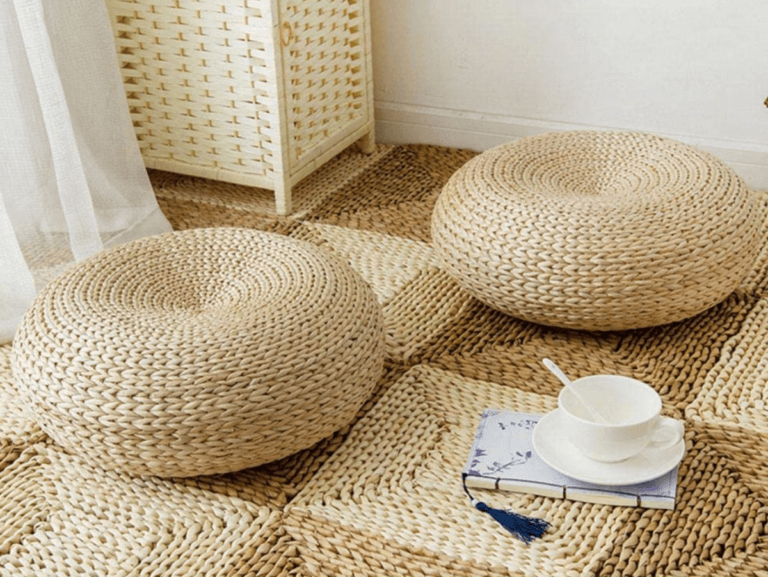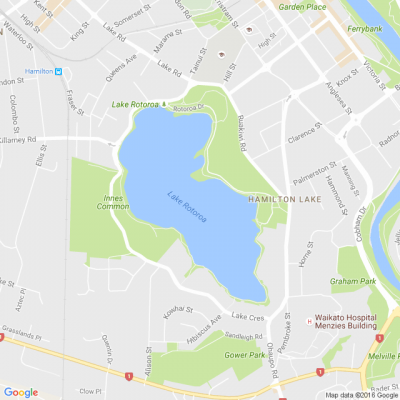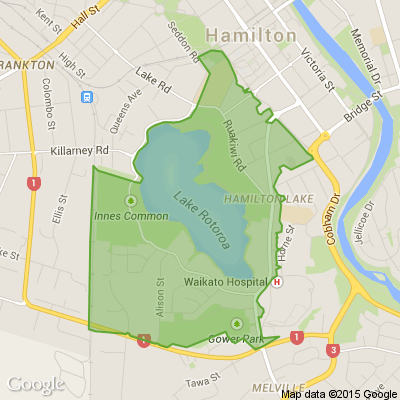Jumping for Jute!
Jute is a natural fibre with golden & silky shine, and hence nicknamed as The Golden Fibre.
Jute is one of the most versatile natural fibres that has been used in raw materials for packaging, textiles, non-textile, and agricultural sectors.
Jute is a vegetable plant whose fibres are dried in long strips, and it’s one of the cheapest natural materials available; together with cotton, it is one of the most frequently used.
The plants from which jute is obtained grow mainly in warm and humid regions, such as Bangladesh, China, and India.
Jute can be grown year-round and is harvested every six months. It can take decades to produce the same volume of wood fibre and it requires much larger tracts of land to cultivate.
The woody core of the jute plant, called hurd, has thousands of potential industrial and commercial uses. As an alternative to wood, hurd is capable of meeting most of the world’s demand for wood and wood products. Using hurd and jute fibres means that the level of deforestation to meet the current demand for paper and wood could be significantly decreased if they were used as an alternative.
Jute is 100% biodegradable (it degrades biologically in 1 to 2 years), low-energy recyclable, and can even be used as compost for the garden. It is clear in terms of reusability and recyclability that jute bags are one of the best options available nowadays.
Jute fibres are tougher and more resilient than paper made from wood pulp and can withstand prolonged exposure to water and weather. They can be reused many times and are thus very environmentally friendly.
The application of jute is a significant step in combating the use of different materials containing toxic wastes. Jute bags cut down the employment of plastic bags, which have now been effectively banned in many countries due to their harmful components. Jute seems to be one of the best alternatives to it.
We hope you enjoyed learning about Jute as much as we did, we would love to hear your comments! We have more interesting reads on our blog: www.curtainclean.co.nz...

Poll: Do you think banning gang patches is reasonable?
With the government cracking down on gangs, it is now illegal for gang members to display their insignia in public places whether through clothing or their property.
This means arrests can be made if these patches are worn in places like restaurants, shops, on public transport or ferries, and on airplanes. Arrests were made recently at a funeral.
Do you think this ban is reasonable?

-
77.1% Yes
-
21.3% No
-
1.5% Other - I'll share below
Have you come across many roadworks sites recently?
The frustration of seeing a detour sign partway through your journey on the main highways possibly the new way forward when it comes to roadworks.
One of the latest areas to have a section of the road blocked off is State Highway 1 between Putāruru to Tokoroa as part of a massive renewal project that extends down to Waiouru.
Have you come across many roadworks sites recently?

Poll: Do you think this was the right decision?
Hamilton City Council is defending a $60,000 spend on a flood of water management PR featuring a TV personality as residents face huge rates rises.
At a time of council cash constraints, Te Radar - real name Andrew Lumsden - catches the eye on the council’s Facebook page, where he currently features in three “explainer” video clips about Hamilton’s water services.
Do you think this was the right decision? Tell us your reasons in the comments (adding NFP if you don't want your words used in print).

-
5.3% Yes
-
89.5% No
-
5.3% Not sure






 Loading…
Loading…












